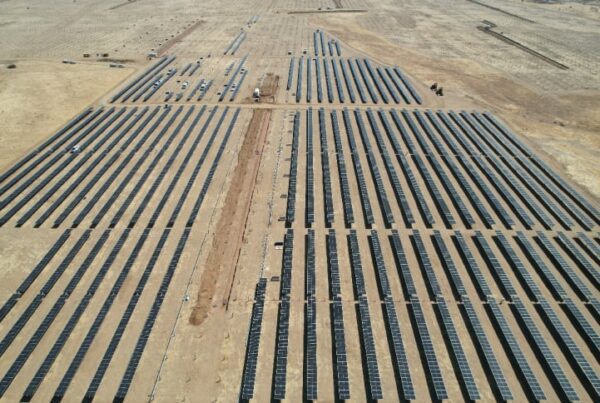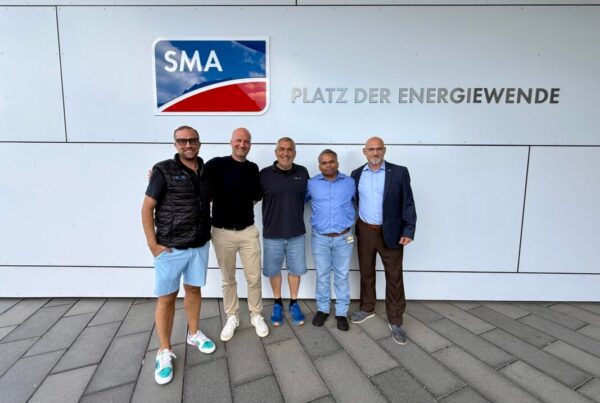
December 16 (Renewables Now) – Two major partnerships were announced today, for the potential development of offshore hydrogen pipeline infrastructure in the Baltic Sea region and for the development of a Nordic-Baltic Hydrogen Corridor.
The announcements are steps towards making the European Hydrogen Backbone vision a reality. The European Hydrogen Backbone is an initiative of 31 gas infrastructure companies, aimed at accelerating Europe’s hydrogen market and the region’s decarbonisation.
Four companies — Finnish and Swedish gas transmission system operators (TSOs) Gasgrid Finland and Nordion Energi, and industry companies OX2 AB (STO:OX2) and Copenhagen Infrastructure Partners — will explore the possibility of developing an offshore pipeline project in the Baltic Sea region, which offers a significant potential for offshore wind and hydrogen production.
The project is called the Baltic Sea Hydrogen Collector (BHC) and will connect mainland Finland and Sweden with Finnish Aland island and Germany by 2030, with potential connections to other energy islands in the region such as Gotland and Bornholm in Sweden and Denmark.
According to the announcement, by establishing a route from production to demand, the project will provide confidence for green hydrogen investments.
In August, the eight countries bordering the Baltic Sea committed to increasing offshore wind capacity in the basin sevenfold to at least 19.6 GW by 2030 in a push to enhance energy security in the region and ditch Russian fuel imports.
The second initiative, called Nordic-Baltic Hydrogen Corridor, aims to develop hydrogen infrastructure from Finland through Estonia, Latvia, Lithuania and Poland to Germany in support of the REPowerEU 2030 targets.
It is a cooperation of TSOs from the six countries — Gasgrid Finland, Elering of Estonia, Conexus Baltic Grid of Latvia, Amber Grid of Lithuania, GAZ-SYSTEM of Poland and ONTRAS of Germany.
The corridor can carry green hydrogen produced in the Baltic Sea area to demand points and industrial clusters along its length, as well as in central Europe.
As a next step, the partners plan to conduct a pre-feasibility study in 2023.
Choose your newsletter by Renewables Now. Join for free!





